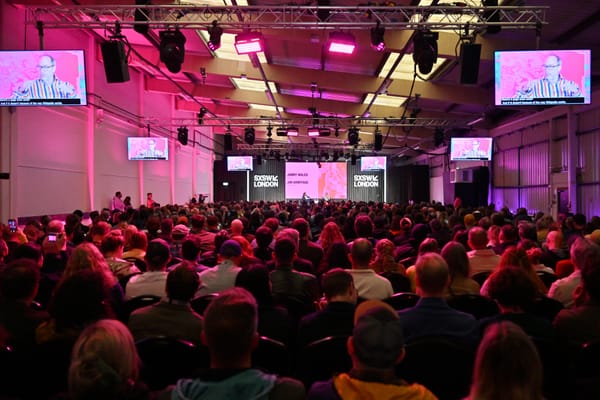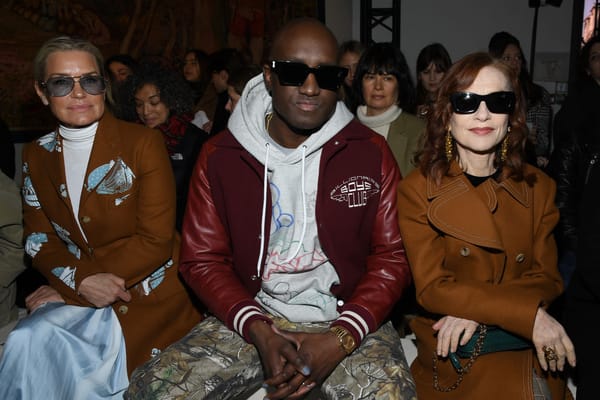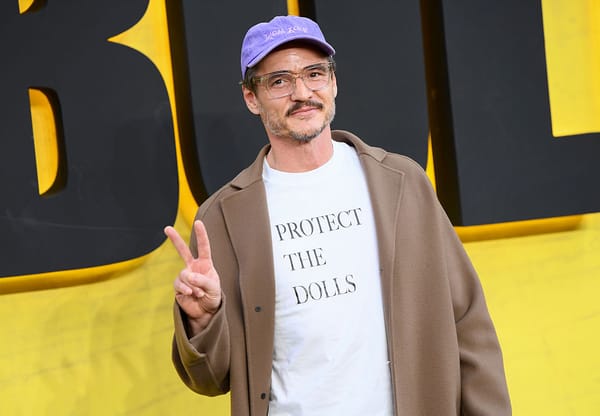How luxury became a state of mind

Once material opulence, now cultural relevance. We explore how luxury is evolving through the lens of Gen Z.
The topic of luxury is a big and complex one. Luxury is a subjective term, a word which changes in the context of people and place, of broader society and culture. At a fundamental level, luxury is closely tied to notions of status and being able to indulge beyond pure necessity. In the context of this newsletter, and in light of recent news around luxury fashion’s declining revenue growth, I’m exploring evolving sentiments around the idea of luxury — and luxury fashion specifically. I’m going to do my best to break all this down into the length of a newsletter.
Luxury then to now
Luxury is evolving beyond material goods and lavish displays of wealth as audience priorities and values are changing. Gen Z are redefining luxury as being less about the products they want to own, places they want to visit and more about who they want to be (wbresearch).
"In the past, upper-class Americans used to display their social status with luxury goods. Yoday, they do it with luxury beliefs."
- Rob Henderson, The New York Post
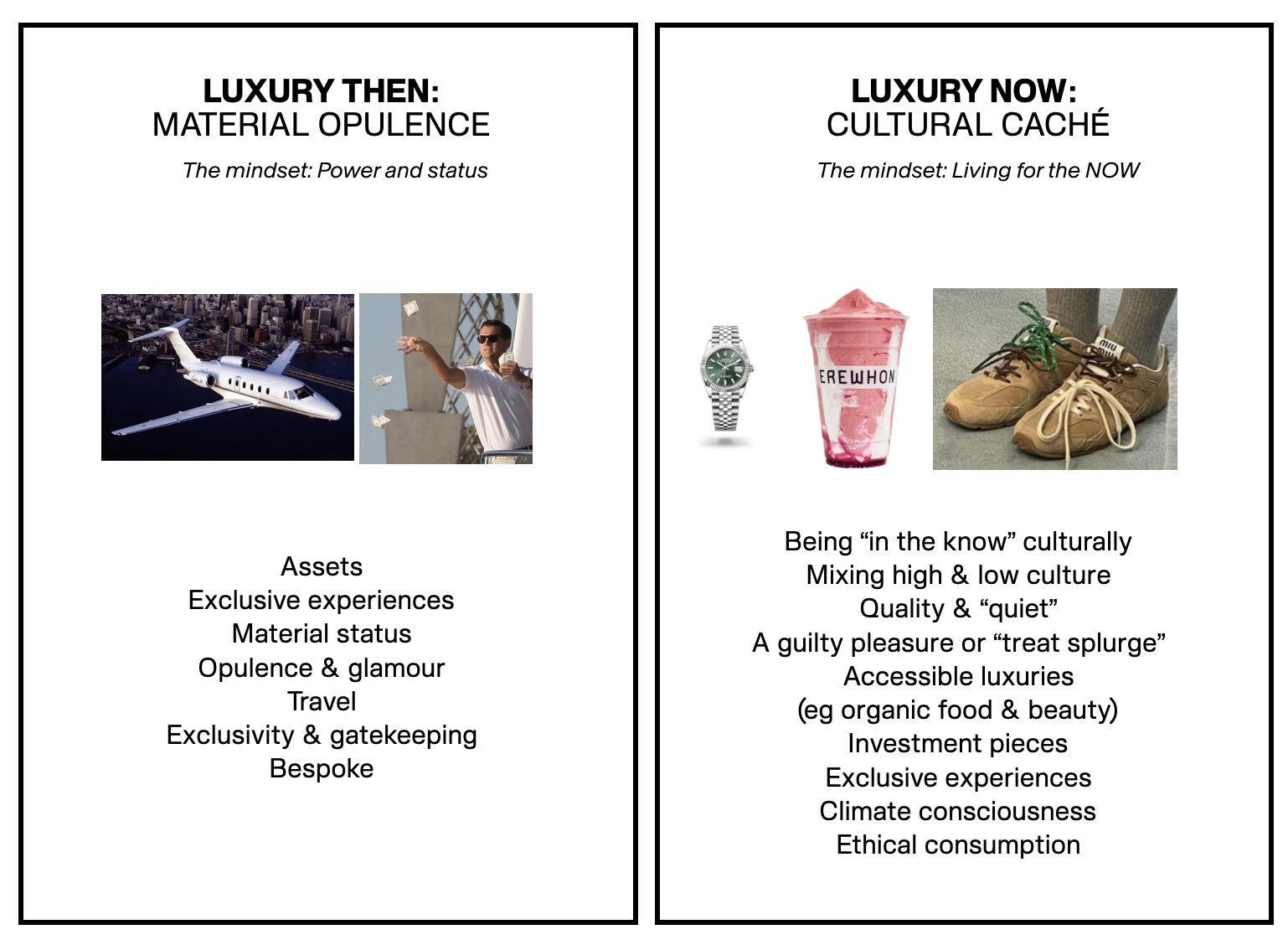
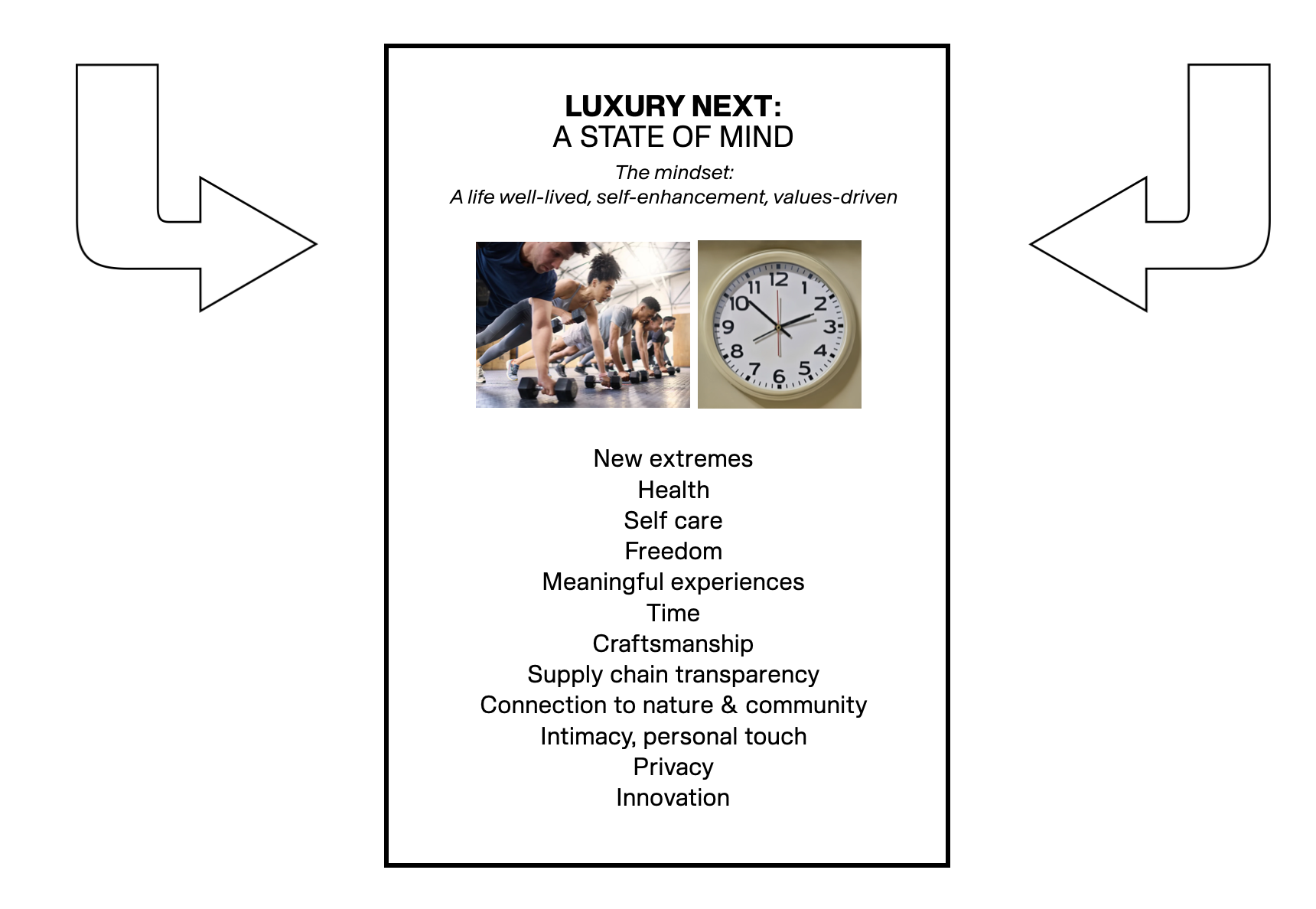
The Great Flattening
The demographics of luxury consumers has changed, it is more inclusive and accessible than it has ever been; Expanding middle classes particularly in Asia-Pacific is contributing to increasing sales of luxury products (Futures Platform). Brands adopt the same codes, the same colours; distinctiveness has in many ways died.
"[Brat Green] spoke to me as it was sort of anti-trend in so many ways, green had already been such a popular colour with, you know, Bottegan green, to, like, Spotify branding."
- CharliXCX, to The Wall Street Journal
Where we are now
The massification of luxury
Between 2003 and 2007, luxury fashion had a compound annual growth rate which peaked at 15%. Now, that rate is predicted to sit at 3.3% until 2028 (Statista). The luxury market has dropped significantly. Why? The war in Ukraine plays a significant role in this. Russia was an important market for luxury goods, accounting for around 2-3% of global luxury sales pre-war. The use of economic sanctions effectively cut off the spending power of Russian Oligarchs. Elsewhere, the growth rate is dropping in China as it decouples from the West. And there’s a growing sentiment in China that Western luxury brands are less desirable.
Today’s luxury prices are on average 54% higher than before Covid, according to HSBC, with key styles soaring still higher: the price of Chanel’s 2.55 flap bag has increased by 91%; Louis Vuitton’s Speedy is up by 100%.
"Luxury used to be for the extremely elite. They, they [the luxury fashion brands] attempted mass production, we saw a drop in the quality of product, and the cultural capital made up for the sale price. Post-pandemic, many luxury brands abandoned cultural capital in order to pursue sales. Now, we see luxury fashion starting to lose its centre ground as a driver of contemporary culture."
- Jack Self, Futurist & Editor-in-Chief, Real Review
Luxury got tarnished with the "ick" of capitalism
Luxury is becoming increasingly associated with being ethical (EMLV, 2023), in the backdrop of the climate crisis and a rising anti-capitalist mindset increasingly held by the next generation:
“Luxury is such a capitalist social media thing… tries to convince people to consume more to create a certain ‘lifestyle’; showing off.”
- Dazed Gen Z Respondent
There's growing wealth disparity and consumer tension
The growing wealth disparity globally, cost of living crisis and in the wealthiest cities, you’re most likely to need inherited wealth, a partner and to be earning a staggering £135,252 in the UK (according to GoCompare analysis) to be able to afford a house.
The word that’s still on the street is ‘we all hate billionaires’ (Dazed’s Monomass Report, 2020) and the next generation are feeling failed by society’s leaders, who feel more out of touch and misaligned to the values of the majority. The people who can afford real luxuries are giving the brand of ‘luxury’ a bad name due to their lack of understanding and apparentdisconnection to real life.
This growing tension is observed through conversations with our audience. According to our audience, the concept of luxury means...
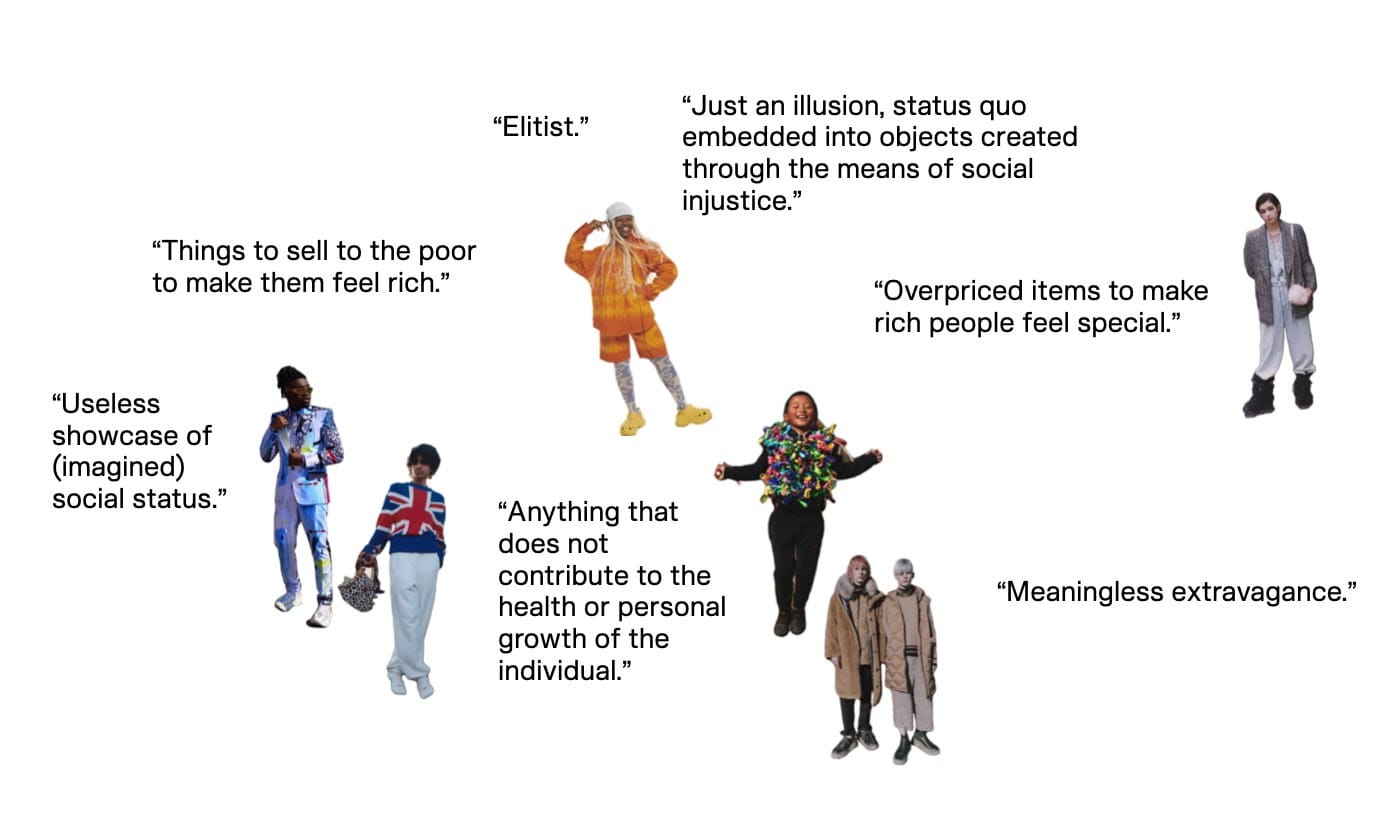
It is also defined as...

Yet Gen Z are still passionate about luxury fashion and feel the desire to "treat themselves," as we explored in last week's newsletter
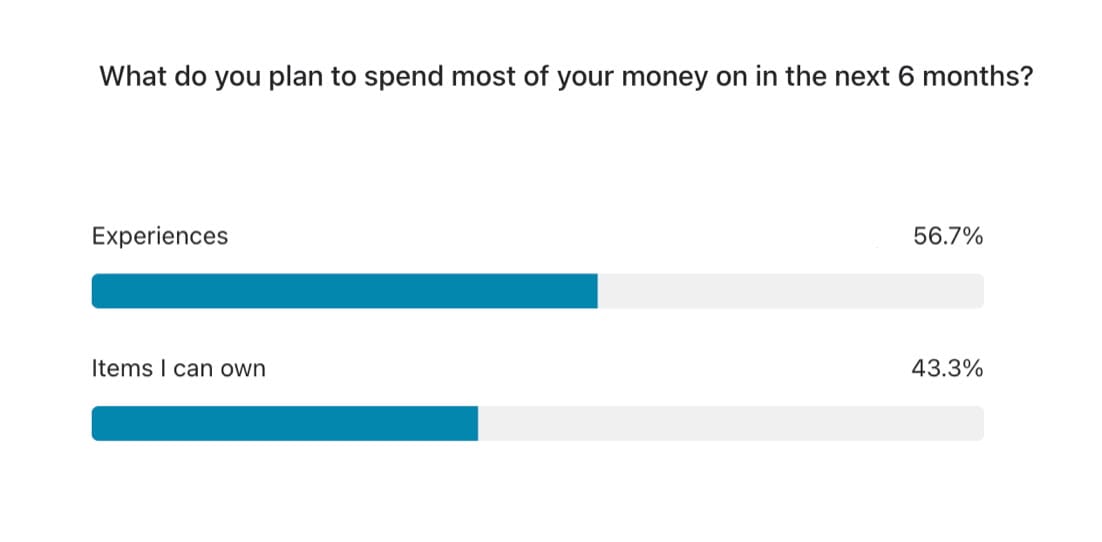
Gen Z increased their spending on items they could own in 2023, compared to 2022 (though they still spend more on experiences overall) — Dazed Youth Culture Survey
Today’s luxury consumer — particularly Gen Z — is as interested in the experience of luxury shopping as in the product itself. (Report conducted by Dotdash Meredith, Ipsos 2024)
We all need little luxuries now, arguably more than ever before
So what does this mean for brands?
Ask yourself how to create moments or feelings of scarcity. True exclusivity and brand mythology are everything…
- Create some scarcity & distance (apply the Distance Theory in relation to luxury fashion )
- Be different
- Focus on the user experience; a hyper-personal & unique shopping experience
- High quality in all aspects of the word
- Ethical production and design, bold creativity
- Facilitate moments of intimate connection
- In a digital era, tactility is luxury so is intelligent curation
- Luxurious media: think experiences, think human storytelling, think cinema, think print
- Kindness and care, a human-touch
- Cultural knowledge is power, being “in the know”
- Entry points: high to low accessibility points. Provide certain access to elements of exclusivity and your brand world without devaluing your IP
There are still winners
Loewe
“Demand for basket bags and the anagram tank top helped drive a 29% increase in searches over the last three months.”
— Lyst, 2024
"We’re not afraid to do things that are left field.”
— Charlie Smith, Loewe CMO
Miu Miu
Miu Miu (which makes up 23% of overall revenue at Prada Group) has been a major driver of increased sales as the brand saw its retail sales up 93% year-over-year.
“The woman loyal to Miu Miu is less a customer than a woman casting herself as a character in the Mrs. Prada universe.”
— Rachel Tashjian, Writer
Unpopular opinion
Back To Luxe: could luxury become, well, a luxury again?
We, along with strategist Phillip Bircham, believe that this could well be on the horizon. The wealthiest 2% of global consumers accounted for 40% of luxury spending in 2022, compared with 35% in 2009 according to analysts at Bain & Co.
The theory of distance (in relation to luxury fashion) is a theory that argues a sense of distance enhances the perception of luxury, reinforcing its exclusivity and desirability (Hansen & Wänke, 2011).
“Luxury should be something that not everyone can understand.”
- Female, Italy, Dazed Survey
Who will actually be able to live luxuriously?
The Future Consumer: A growing polarisation
- Today, the top 1% of the world's population owns about 46% of global wealth. By 2040, this share could rise to 50% or higher.
- Gen Z and Gen Alpha’s luxury spending is expected to grow three times faster than other generations.
- Asia-Pacific, driven mainly by China and India, is projected to account for more than 55% of the global luxury market by 2030, however China is slower than expected. (Bain & Company).
How this shows up in culture
CORE is a private club in New York City that has a membership fee of up to $100,000 per year
What's next?
As luxury moves from being an external symbol of wealth and status to a more internal state of behaviour, set of value-signalling and self-optimisation, we’ll see new extremes of advancement and survival. Who can defy death, who will escape earth entirely, who can play God?
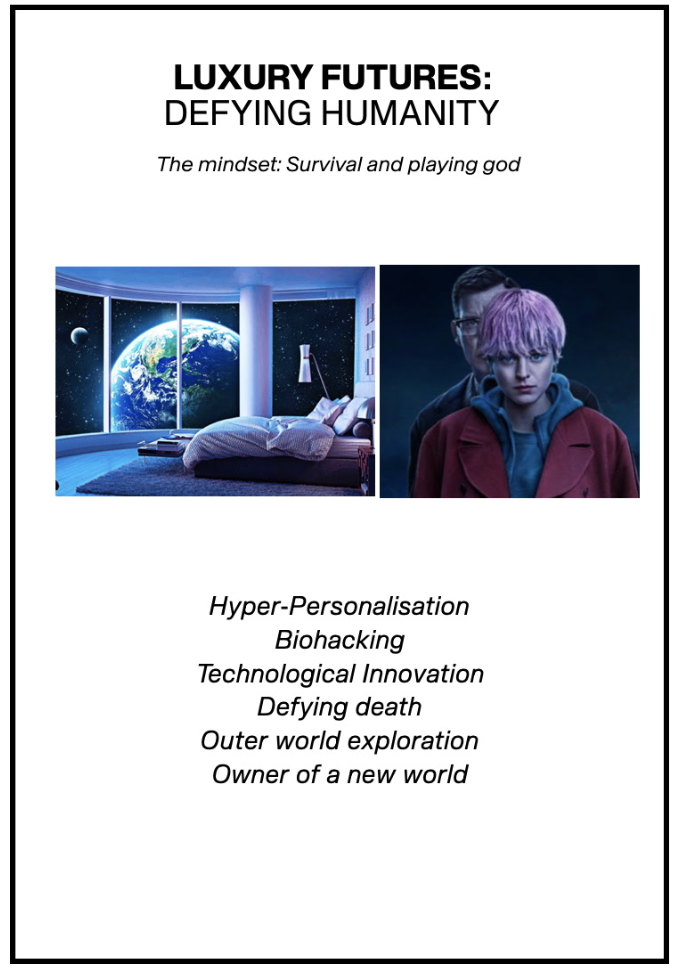
Might be of interest
Two things:
The first is an overview of the luxury fashion industry, an academic paper exploring the concept and evolution of luxury fashion.
The second is Luxury Philosophy, a new book, published by Bloomsbury exploring the philosophy of luxury, launching this year.
Thanks to strategy consultant Marijia Zilinskaite for the recommendation.



